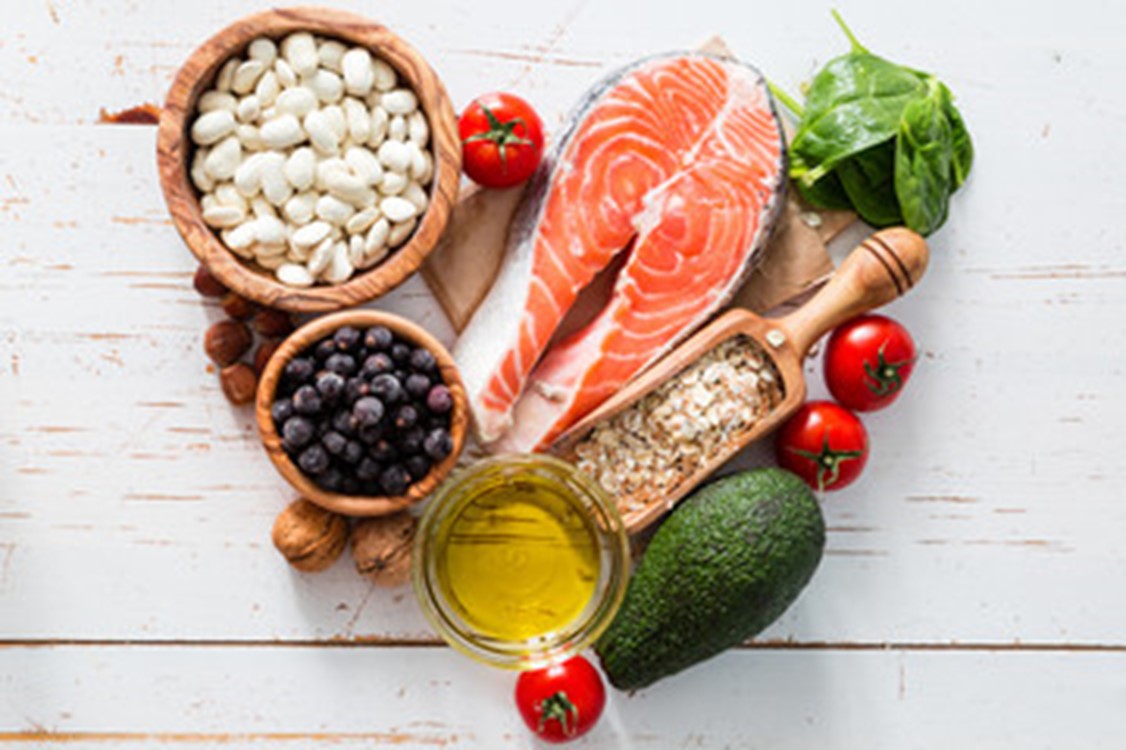
.
People tend to overcomplicate the steps needed to incorporate healthy eating into their daily diet. All the calorie counting, nutrition label reading, and meal preparation seems like a lot of work to some. But it’s like when you first learned to drive.
You had all these things you had to remember to do and not do, and now those things are second nature. Similarly, when you practice eating healthy foods, over time, you will establish habits that become second nature, just like driving a car.
Benefits of healthy eating
Eating a well-balanced diet provides the nutrients your body needs for growth and repair while allowing you to remain strong and healthy. Certain foods are known to assist in fighting off many diseases and illnesses and help you maintain high energy levels throughout the day.
Individuals that eat a balanced diet regularly are also less likely to experience deficiencies in key nutrients like Vitamin A, B, C, and E, zinc, iron, and selenium. Low levels of these nutrients have been shown to weaken parts of your immune system.
The good news is making better decisions for your body can sometimes mean adding rather than subtracting. This may result in more appealing options for those seeking a healthy diet plan that feels like a bonus rather than a burden.
Below is a list of foods that are packed with various nutrients and provide a good starting point for someone looking for good options of healthy foods to eat.
Salmon
This oily fish, known for its bright pink color, is high in healthy protein and omega-3 fatty acids, which are beneficial to both the heart and the brain. It also contains vitamin D, which helps to build bones. Most people would find it challenging to eat salmon every day. Instead, try eating it at least once a week to reap the health benefits.
 Brussels sprouts
Brussels sprouts
These crunchy little green balls, which resemble mini-cabbages, are high in nutrients and low in calories — only 28 in half a cup. They contain various vitamins, including vitamin A, vitamin C, vitamin K, potassium, and folate. Like other cruciferous vegetables, Brussels sprouts contain bioactive compounds such as antioxidants, which are chemicals that help prevent cell damage within your body.
Brussels sprouts are a controversial choice in terms of flavor because, while they are adorable, some people find them bitter. If you’re firmly in the “dislike” camp, you can get a similar nutritional boost by substituting other green vegetables for Brussels sprouts. However, keep an open mind.
Roasting Brussels sprouts with a spritz of olive oil can help to reduce their bitterness. To add some crunch and flavor, sprinkle some chopped nuts on top (as well as extra benefits; see below).
Blueberries
Doctors have reported that these dark-colored berries are high in antioxidants, particularly vitamin C. Blueberries, which have 56 calories per 100 grams, are also high in vitamin A and fiber.
While most grocery stores carry blueberries all year, if blueberries aren’t in season, feel free to substitute another dark-colored fruit, such as pomegranates or cherries. To add some variety, combine frozen blueberries (which are delicious any time of year) with plain yogurt (see below) to make a smoothie.
Nuts
Nuts, which are crunchy and satisfying, are very filling. They also provide an infusion of healthy oils, protein, and vitamin E. Choose any nut, such as almonds, walnuts, or even peanuts (which are technically legumes), or a handful of mixed nuts.
The healthiest options are those that are unsalted. However, keep in mind that these are high-calorie treats. An ounce of nuts can contain 200 calories or more, so limit your daily intake to smaller portion sizes.
Plain yogurt
This creamy treat contains probiotics, which are healthy bacteria that help keep your gut healthy and contribute to overall health. Yogurt is a nutrient-dense food that provides your body with protein, calcium, magnesium, vitamin B12, and some essential fatty acids. And, if you choose a high-protein yogurt, it can help you feel fuller for longer, which may help you lose weight.
While you may prefer flavored yogurts, plain yogurt is preferable. The issue with flavored yogurt is that some brands have way too much sugar. Many of the health benefits of yogurt are negated by sugar. Is plain yogurt too sour? Adding blueberries for extra sweetness or nuts for crunch is an excellent healthy option. These simple additions can enhance the flavor, and you can get three of the foods on this list in one quick snack.
Conclusion
When we know the truth, we must choose what is truly important. Do you want to live a healthy life? You may be thinking to yourself that eating healthy is expensive. It depends on how you look at it. Again, it comes down to a matter of choice. When you do actual cost-benefit analysis, eating healthier is less expensive. It is more costly to eat processed, fake food high in sugar than it is to eat healthy food.
Let us compare: a bag of apples costs about the same as a large bag of potato chips and a bag of cookies. You’ll eat all of the chips; you might eat several cookies, but you won’t eat every apple in the bag. Again, it comes down to a matter of choice.
Another example is drinking juice, which is expensive when you could drink water, which is a quarter of the price, especially if you purchase a filter and drink water from your faucet. It is far less expensive than juice, whether purified or not. Simply put, you have a choice.
Once again, it would be best if you decided whether the benefits of healthy eating will outweigh the convenience and deliciousness of unhealthy processed foods. But once you do decide to change your habits and learn how to practice healthy eating, after a short time, it will become second nature, just like driving a car.

